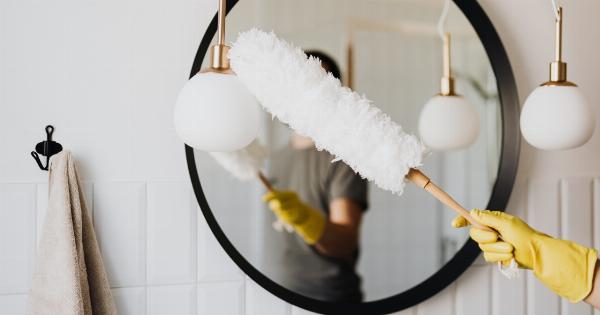Pollen season can be a difficult time for many people. For those with allergies, it can be a nightmare. Sneezing, coughing, and itchy eyes are just a few of the symptoms that people with allergies have to deal with when the pollen count is high.
This article will provide some tips on how to guard yourself from allergies and win the battle against pollen.
1. Check the pollen count
Before you head outdoors, check the pollen count. You can find this information on weather websites, news channels, and allergy apps. Knowing the pollen count can help you plan your day and avoid spending time outdoors when the count is high.
2. Keep your windows closed
Keeping your windows closed can help prevent pollen from entering your home. If it’s warm outside and you want some fresh air, use an air conditioner instead of opening your windows.
3. Use a HEPA filter in your home
A HEPA filter can help remove pollen and other allergens from the air in your home. Make sure you replace the filter regularly to keep it working efficiently.
4. Shower and change clothes after spending time outdoors
If you’ve been outside for an extended period of time, it’s a good idea to shower and change clothes when you come indoors. This can help remove any pollen that may be on your skin and clothing.
5. Be mindful of what you eat
Certain foods can aggravate allergy symptoms. These include bananas, melons, and chamomile tea. On the other hand, foods like fish, leafy greens, and garlic can help alleviate allergies.
6. Wear a mask when doing yard work
If you have to do yard work, wear a mask to protect yourself from pollen. You can find masks specifically designed for allergies at drugstores and online retailers.
7. Rinse your sinuses
Rinsing your sinuses with saline solution can help clear out any pollen that may be trapped inside. You can buy a saline kit at a drugstore or make your own saline solution at home.
8. Take medication
If you’re still struggling with allergy symptoms, talk to your doctor about medication. Antihistamines and decongestants are both effective treatments for allergies.
You can find these medications at drugstores or get a prescription from your doctor.
9. Consider immunotherapy
If you have severe allergies that aren’t responding to other treatments, your doctor may recommend immunotherapy. This involves getting regular shots that help your body build up a tolerance to allergens.
10. Stay informed
The more informed you are about pollen and allergies, the better equipped you’ll be to deal with them. Stay up-to-date on the latest news and research related to allergies, and talk to your doctor if you have any questions or concerns.































